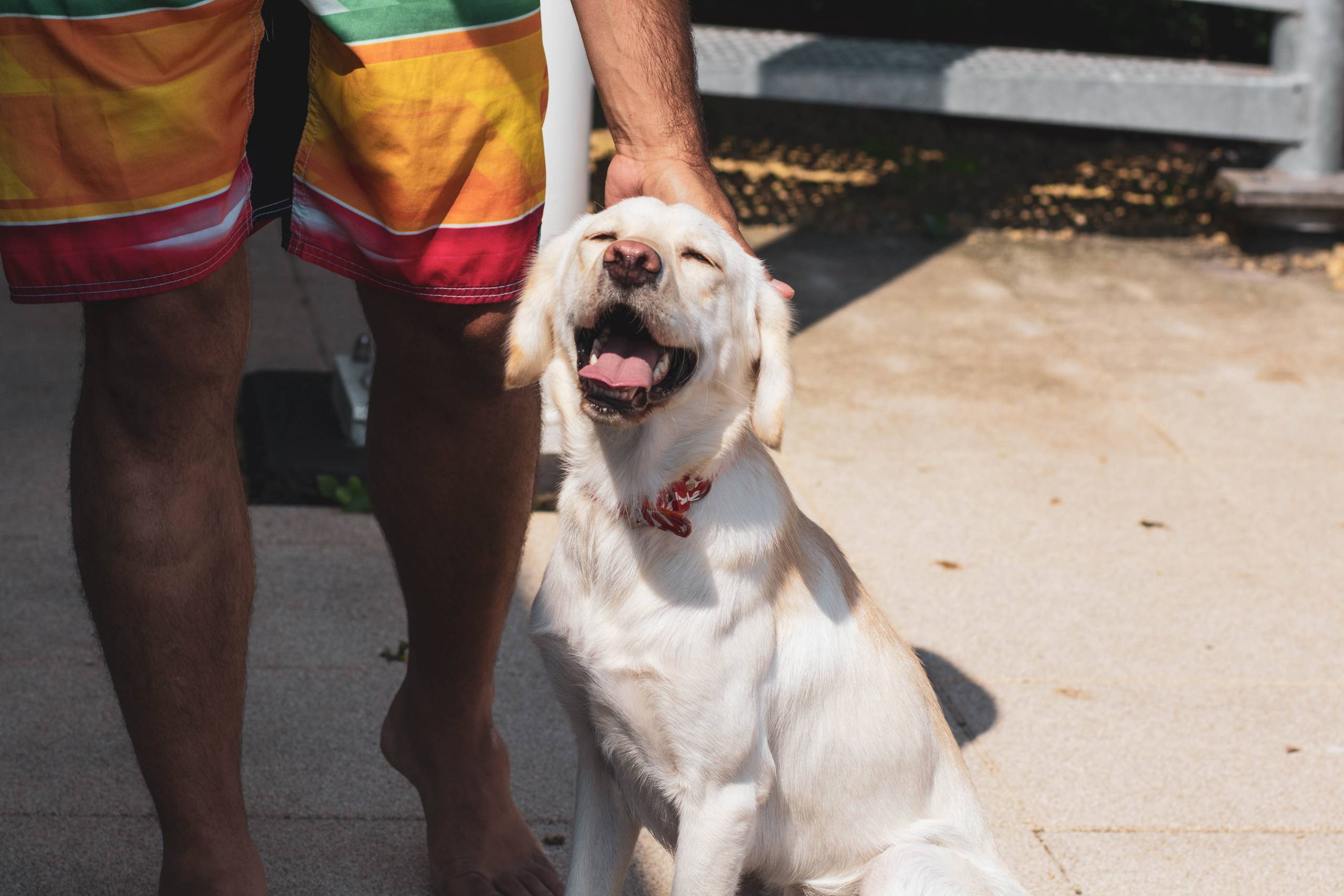As dogs age, their nutritional requirements shift significantly. Senior dogs need a diet that fosters their health and overall well-being. The choice of dog food can have a profound effect on their quality of life. With so many options available, it’s essential to understand what to prioritize in senior dog food to keep your furry friend content and healthy during their golden years.
Addressing Health Concerns
Senior dogs often deal with various health challenges such as arthritis, obesity, dental issues, and organ dysfunction. These conditions can influence mobility, energy levels, and overall happiness. A thoughtfully chosen diet can assist in managing these health concerns. Consider your dog’s specific health needs, preferences, and dietary restrictions when selecting the right food.
Importance of Protein
Protein is vital for maintaining muscle mass, which tends to decline with age. Look for dog food that features high-quality protein sources like chicken, fish, or lamb at the top of the ingredient list. These proteins support muscle health and provide the energy that senior dogs require to remain active.
Healthy Fats for Well-Being
Incorporating healthy fats, particularly omega-3 and omega-6 fatty acids, can significantly benefit senior dogs. These fats help promote healthy skin and coat, reduce inflammation, and support joint health. Ingredients such as fish oil or flaxseed meal are excellent sources of these essential fatty acids. Including these fats can enhance your dog’s overall well-being, especially if signs of joint pain or stiffness are present.
The Role of Fiber
As dogs age, their digestive systems may become less efficient. Adding fiber to their diet can promote healthy digestion and prevent constipation. Look for ingredients like sweet potatoes, pumpkin, or brown rice, which provide necessary fiber without being harsh on the stomach. Avoid foods high in fillers, as they can lead to weight gain and other health issues.
Managing Weight
Weight management is crucial for senior dogs, as many become less active with age. Foods designed for senior dogs often contain fewer calories and fat to help manage weight. They may also include ingredients that promote a feeling of fullness without overeating. Regular weight monitoring and adjusting food intake accordingly is essential for maintaining a healthy weight.
Ensuring Proper Hydration
Hydration is another critical aspect of your senior dog’s health. Older dogs may not drink enough water, which can lead to dehydration. High-quality wet dog food can provide additional moisture. If your dog prefers dry kibble, adding water or low-sodium broth can enhance moisture intake.
Tailoring Diets to Health Needs
Some senior dogs may have specific health conditions requiring special dietary considerations. For instance, dogs with kidney disease may need lower protein and phosphorus diets, while those with allergies may benefit from grain-free options. Consulting with a veterinarian about your dog’s unique health needs is vital for selecting the right food.
Ingredient Quality Matters
When evaluating dog food, prioritize those with real, whole foods as primary ingredients. Avoid artificial preservatives, colors, and flavors, as these additives offer no nutritional value and can be harmful. Choose brands that emphasize natural ingredients and have undergone rigorous quality testing.
The Importance of a Gradual Transition
Transitioning your senior dog to a new food should occur gradually to avoid digestive upset. Mix a small amount of the new food with the current food, slowly increasing the new food portion over a week or two. This gradual approach helps your dog’s digestive system adjust smoothly.
Adjusting Feeding Schedules
Older dogs can benefit from smaller, more frequent meals throughout the day rather than one or two larger meals. This practice can help regulate energy levels and improve digestion, while also reducing the risk of bloating, which is a concern for certain breeds. Tailor the feeding routine to your dog’s needs.
Regular Health Monitoring
Regular veterinary check-ups are important for catching potential health issues early. During these visits, discuss your dog’s diet and any changes in eating habits, weight, or energy levels. Your veterinarian can provide tailored advice and dietary adjustments based on your dog’s individual needs.
Consider Adding Supplements
Incorporating supplements into your senior dog’s diet can be beneficial. Glucosamine and chondroitin support joint health, while omega fatty acids can enhance skin and coat quality. Consult your veterinarian before introducing any new supplements to ensure they are appropriate for your dog.
Importance of Physical Activity
Physical activity is crucial for a senior dog’s health. Regular exercise keeps joints flexible and helps prevent obesity. While senior dogs may not be as energetic as they once were, gentle walks, play sessions, and mental stimulation are vital for their physical and mental well-being. Tailoring the type and intensity of exercise to your dog’s capabilities ensures they remain active without overexerting themselves.
Enhancing Socialization
Socialization is essential for a senior dog’s emotional health. Spending time with other dogs and people keeps your dog mentally stimulated and engaged. Arrange playdates or visits to dog-friendly parks to combat feelings of loneliness and boredom, which can negatively impact their overall health.
Caring for a senior dog involves understanding their unique needs and providing the best nutrition possible. By selecting the healthiest dog food and ensuring consistent care, you can significantly improve their quality of life. With the right diet and attention to their needs, you can help your loyal companion enjoy their later years to the fullest.



